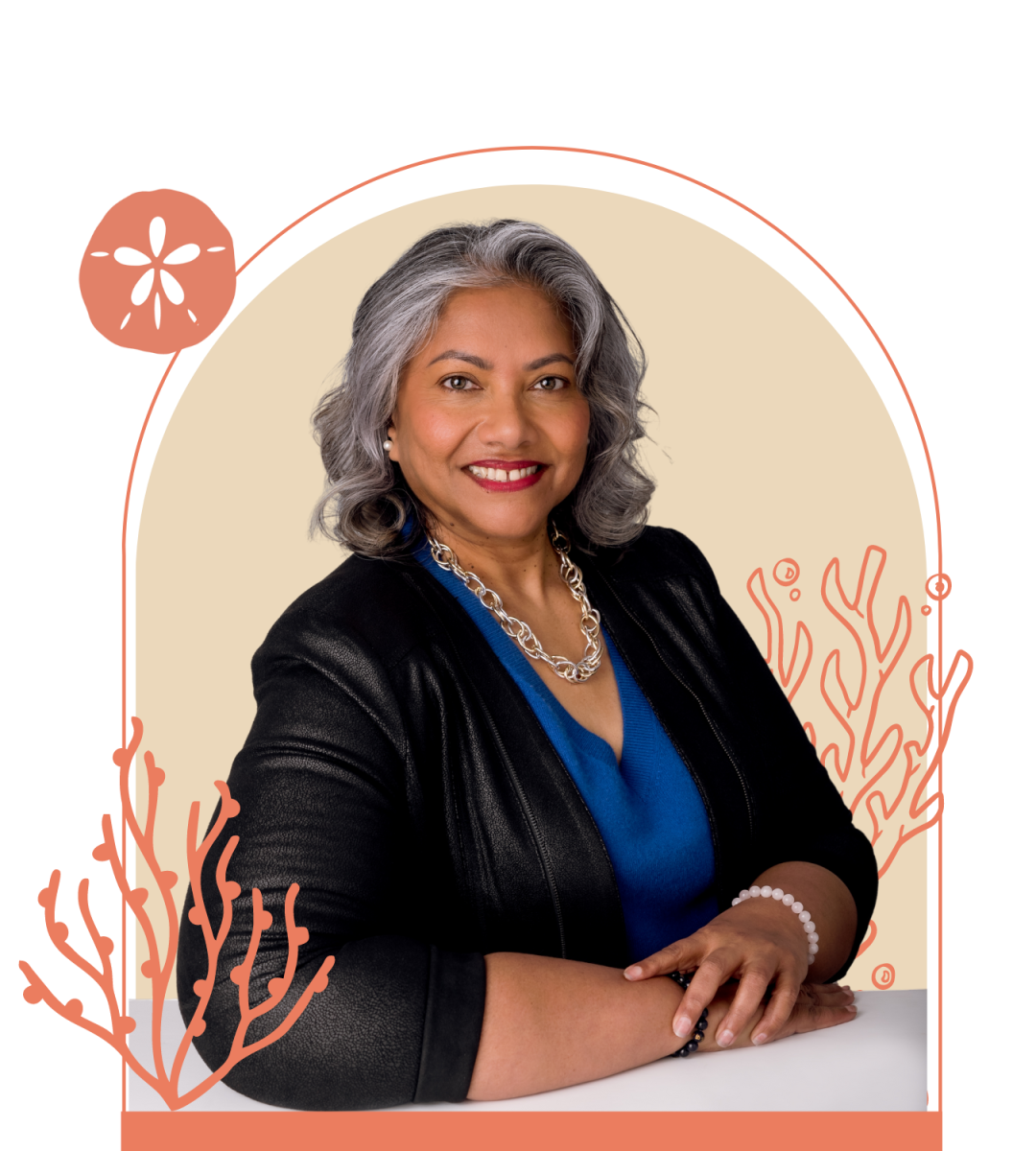Love and Marriage is a beautiful thing until money gets in the way.
There is a saying that “love conquers all.” There’s another saying “love is all you need” From where I sit, this is not always true.
Having a relationship that thrives and grows in a way that is fulfilling to the parties involved requires not only love but financial compatibility and trust.
What is financial compatibility?
Financial compatibility is about understanding and respecting each other’s behaviors, values, and habits as they relate to money. It’s about working out our different approaches to saving, spending, and managing our money.
It’s also about trust, honesty, and openness.
As an example, does one partner always look to save money while the other leans more toward spending, hence creating a disbalance?
This is why it is critical to ask the important money questions prior to making that big commitment of getting married or moving in together. However, it’s not too late if you’re already married or living together. Either way, follow my Facebook page to learn the questions to ask. I will be highlighting fourteen (14) questions from February 1st until Valentine’s Day.
Financial Compatibility – a story
Johnny and June (not their real names) met when they were in their 20s and fell madly in love.
They both worked full-time. June made more money than Johnny; in the beginning, this didn’t really matter. However, after a few years it started to bother June when she realized that Johnny, while he brought home less money, he always seemed to be spending more.
June tried not to let this bother her too much since she really loved Johnny and thought it was just a passing phase. Johnny often joked about how he lives in the moment and June would laugh at his childlike approach to life, but she soon realized that her laughter was replaced with resentment. She now resented the man she loved because she felt like she was the only one in the relationship, planning ahead and taking care of the finances. When it came time to pay the bills, if June didn’t take the lead, the bills would never get paid.
After some sessions with me, June shared that their incompatibility with finances would most probably lead to divorce unless things changed. She also came to understand that it wasn’t that Johnny didn’t want to help, he just didn’t know how. He grew up in a household where money wasn’t talked about – it was only fought about. It took a while, but Johnny came around and is now an active partner in the management of the household finances.
At the end of our program together, June shared with me how much she and Johnny suffered as a result of being financially incompatible. The problems started off small and insignificant but eventually, their money problems seeped into the other areas of their lives. For many years, it looked like there was no resolve to their suffering. Luckily, they sought financial counselling and were able to find each other again and chart a new way forward.
According to the law firm Merchant Law Group LLP, an average of 25% of couples report that money problems played a role in their divorce. That’s 1 in 4!
Another interesting statistic is that a𝗽𝗽𝗿𝗼𝘅𝗶𝗺𝗮𝘁𝗲𝗹𝘆 𝟯𝟭% 𝗼𝗳 𝗮𝗹𝗹 𝗰𝗼𝘂𝗽𝗹𝗲𝘀 — even the happiest ones — clash over their finances at least once a month. Here are the most common points of disagreement:
- Major purchases: 34%
- Decisions regarding children and finances: 24%
- A partner’s spending habits: 23%
- Important investment decisions: 14%
As you can see in June and Johnny’s story, not all is lost if you realize that you’re not financially compatible with your spouse. It will require some hard work but it’s possible.
Please feel free to reach out. Here is my private email: pamela@sanddollar.co







